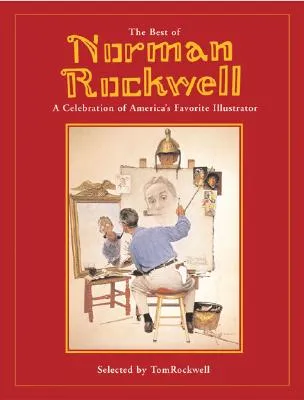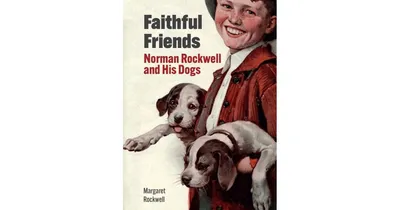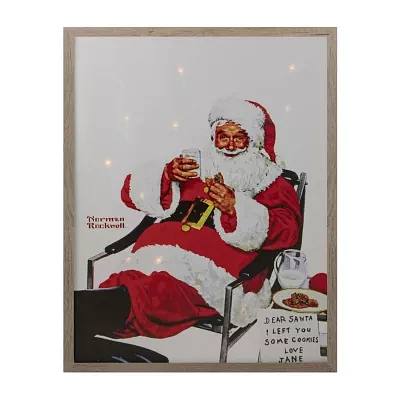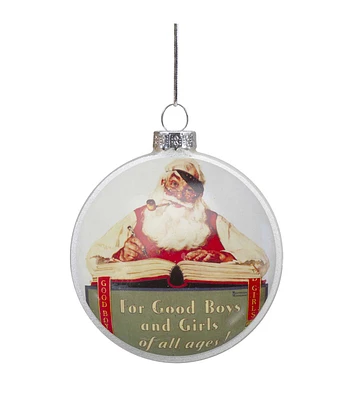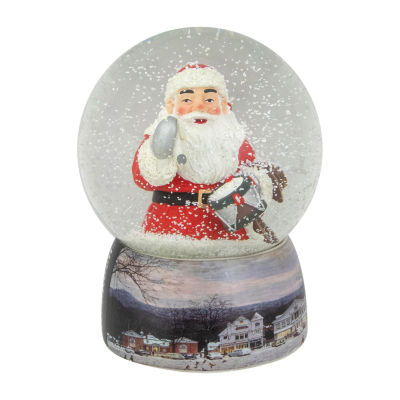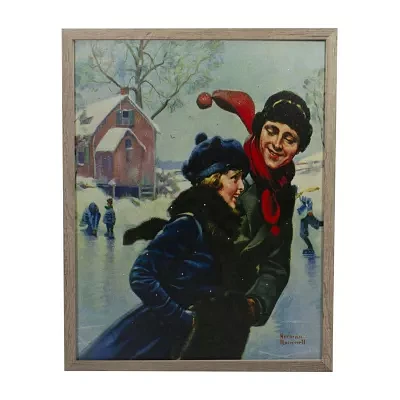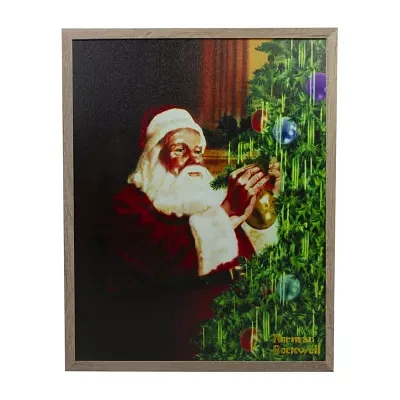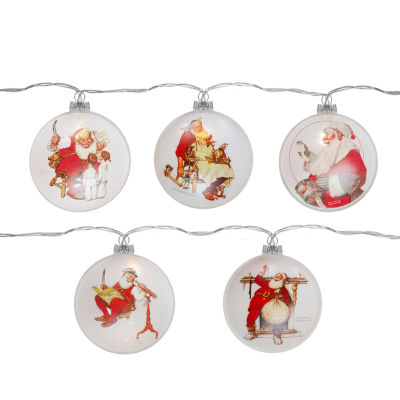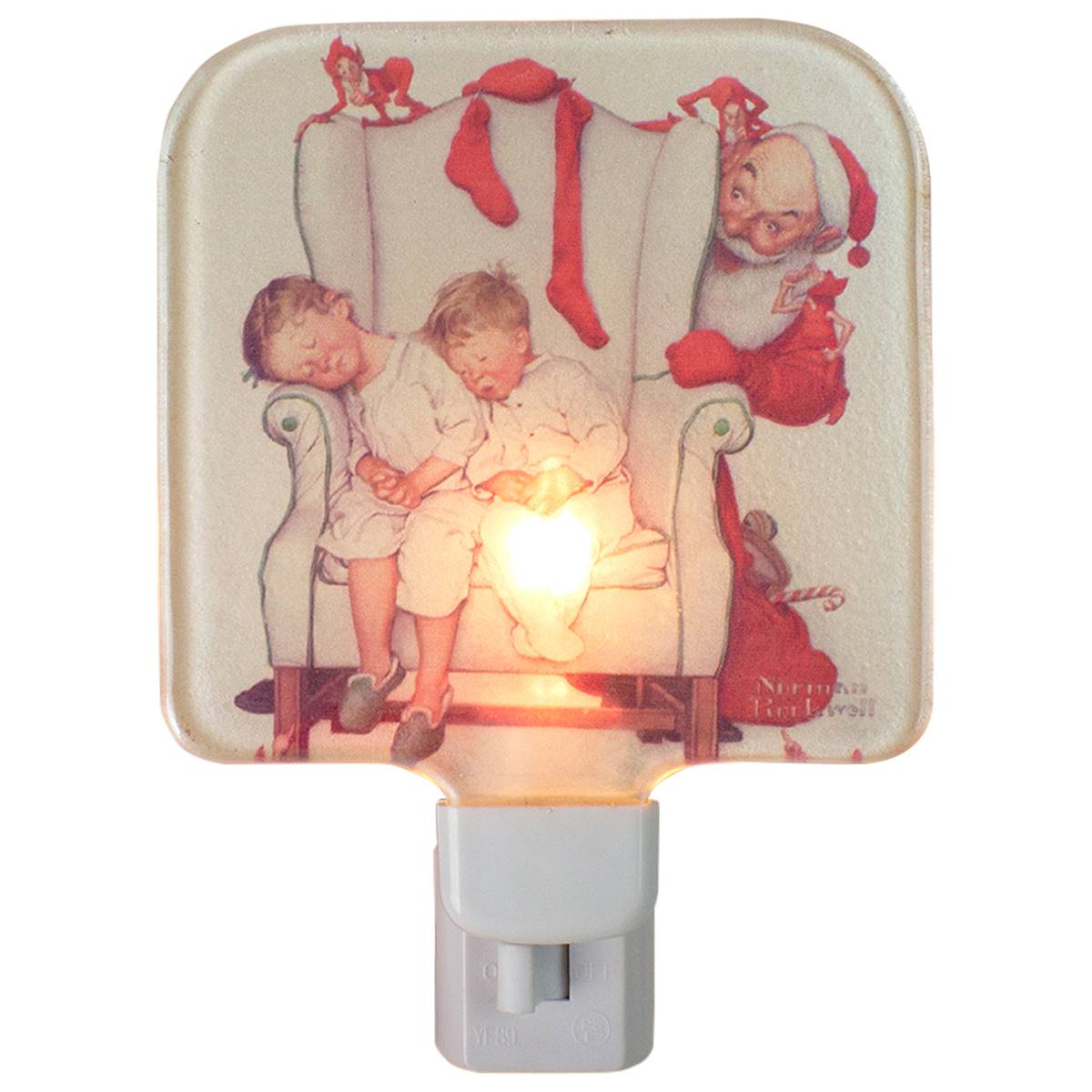Home
Norman Rockwell's Models: and Out of the Studio
Loading Inventory...
Barnes and Noble
Norman Rockwell's Models: and Out of the Studio
Current price: $19.95


Barnes and Noble
Norman Rockwell's Models: and Out of the Studio
Current price: $19.95
Loading Inventory...
Size: Audiobook
*Product Information may vary - to confirm product availability, pricing, and additional information please contact Barnes and Noble
This book is the first to tell the stories of Norman Rockwell’s models and their time in his studio.
In 1940, America’s favorite illustrator Norman Rockwell, his wife Mary and their three sons moved to the picturesque rural village of West Arlington, Vermont. The artist discovered a treasure trove of models.
Norman Rockwell’s Models: In and out of the Studio
is the first to detail these models’ lives, friendships with the artist, and experiences in his studio.
Dressed in quaint work clothing, the models were dairy farmers, carpenters, country doctors, soldiers, and mechanics.
Norman Rockwell’s Models
features non-fiction narratives telling the story of these folks during an era when they helped the war effort, farmed with horses, and received home visits from doctors. The book also describes the challenges the models faced in their own lives and how these affected their expressions in the paintings. For example, in several 1945 masterpieces, the jubilance Americans felt after the close of the second word war is revealed in their faces.
Upon meeting people, young or old, the artist would say, “Call Me Norman.” Rockwell learned the models’ roles in the community and their personalities, which fostered genuine paintings. He strove, for example, to find real-life soldiers to model as WWII heroes and spirited boys and girls for lively paintings. In the studio, Norman was charming and polite, but painstaking. He demonstrated poses and did whatever was necessary to evoke his trademark expressions, including telling stories of his own life, sometimes laughing or crying.
Spending entire summers at his family’s farmhouse near West Arlington, Vermont, the author, S.T. Haggerty, grew up knowing many models, including those who posed for such iconic works as
Freedom of Speech
,
Breaking Home Ties
and Girl at the Mirror.
Along with models and their families, the author hayed the scenic fields in the Batten Kill River Valley and swam under the red covered bridge on the Village Green. This experiences give him a unique perspective for telling this story.
In 1940, America’s favorite illustrator Norman Rockwell, his wife Mary and their three sons moved to the picturesque rural village of West Arlington, Vermont. The artist discovered a treasure trove of models.
Norman Rockwell’s Models: In and out of the Studio
is the first to detail these models’ lives, friendships with the artist, and experiences in his studio.
Dressed in quaint work clothing, the models were dairy farmers, carpenters, country doctors, soldiers, and mechanics.
Norman Rockwell’s Models
features non-fiction narratives telling the story of these folks during an era when they helped the war effort, farmed with horses, and received home visits from doctors. The book also describes the challenges the models faced in their own lives and how these affected their expressions in the paintings. For example, in several 1945 masterpieces, the jubilance Americans felt after the close of the second word war is revealed in their faces.
Upon meeting people, young or old, the artist would say, “Call Me Norman.” Rockwell learned the models’ roles in the community and their personalities, which fostered genuine paintings. He strove, for example, to find real-life soldiers to model as WWII heroes and spirited boys and girls for lively paintings. In the studio, Norman was charming and polite, but painstaking. He demonstrated poses and did whatever was necessary to evoke his trademark expressions, including telling stories of his own life, sometimes laughing or crying.
Spending entire summers at his family’s farmhouse near West Arlington, Vermont, the author, S.T. Haggerty, grew up knowing many models, including those who posed for such iconic works as
Freedom of Speech
,
Breaking Home Ties
and Girl at the Mirror.
Along with models and their families, the author hayed the scenic fields in the Batten Kill River Valley and swam under the red covered bridge on the Village Green. This experiences give him a unique perspective for telling this story.
